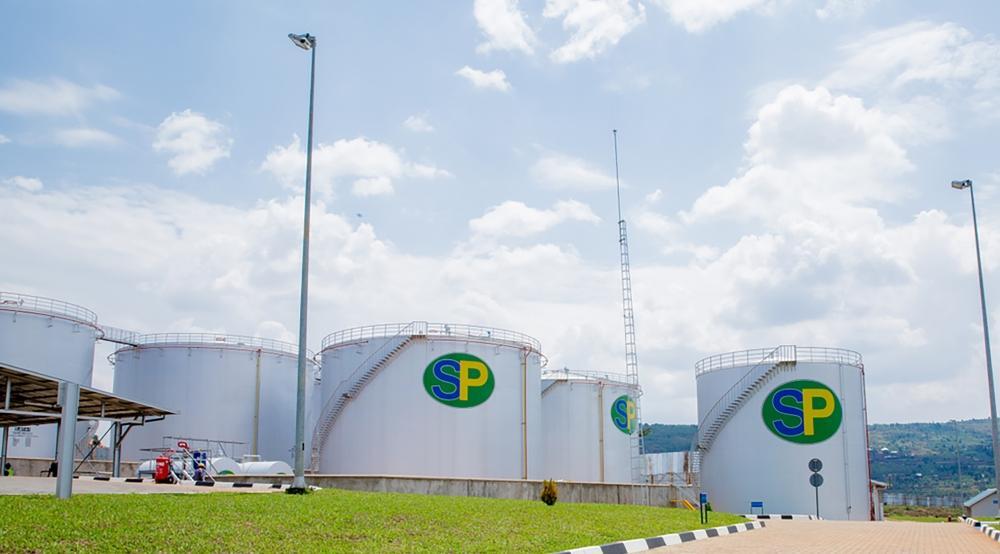Africa-Press – Rwanda. Petroleum oils topped Rwanda’s list of imported products that accounted for 28.4 per cent of the country’s total merchandise import bill, which exceeded $6.88 billion in 2024.
According to the Trade and Industry Performance 2024 report, Rwanda imported 816,000 tonnes of petroleum oils worth $680 million (over Rwf980 billion) or almost 10 per cent of the country’s total imports, marking a 9.5 per cent increase from $621 million in 2023.
The Minister of Trade and Industry, Prudence Sebahizi, told The New Times that petroleum products are essential for powering transport, aviation, and certain industrial activities.
Since Rwanda does not produce petroleum products locally, all its fuel needs are met through imports.
“As the economy grows and demand for transport and energy increases, so does the need for petroleum products, making them one of our largest import categories,” he said.
Strategy to cut imports
Despite the current reliance on imported fuel, Sebahizi underscored Rwanda’s commitment to reducing this dependency over time.
“We are promoting cleaner and more sustainable energy solutions, such as investing in renewable energy, supporting electric mobility, and improving energy efficiency across sectors. These efforts aim to gradually reduce fuel demand, improve energy security, and protect the environment,” he observed.
The minister highlighted that the adoption of electric vehicles (EVs), in particular, is expected to significantly reduce fuel consumption, particularly in urban transport.
“As more electric buses, cars, and motorcycles are introduced, the demand for petroleum-based fuels will decline. In addition to lowering import bills, this shift also supports environmental sustainability and reduces air pollution in our cities,” he said.
The Strategic Paper on Electric Mobility Adaptation in Rwanda, published in April 2021 by the Ministry of Infrastructure, indicated that EV adoption can help decarbonise the transport sector, a major source of greenhouse gas emissions and urban air pollution.
The transportation sector is currently dominated by internal combustion engine (ICE) vehicles, which contribute to air pollution, greenhouse gas emissions, and noise, it indicated.
The paper warns that continued growth in fuel-dependent transportation worsens the trade deficit and exposes the economy to global oil price volatility—posing a serious macroeconomic risk.
It highlights the benefits of electric vehicles, including lower maintenance costs (often up to 50 per cent less than ICE vehicles, depending on usage), reduced environmental impact, particularly in terms of emissions and pollution, and decreased dependency on imported fossil fuels.
In May 2024, Rwanda revised tits tax policy on hybrid vehicles in a bid to promote eco-friendly transportation – through encouraging the of pure electric cars – according to the Ministry of Finance and Economic Planning.
For More News And Analysis About Rwanda Follow Africa-Press






